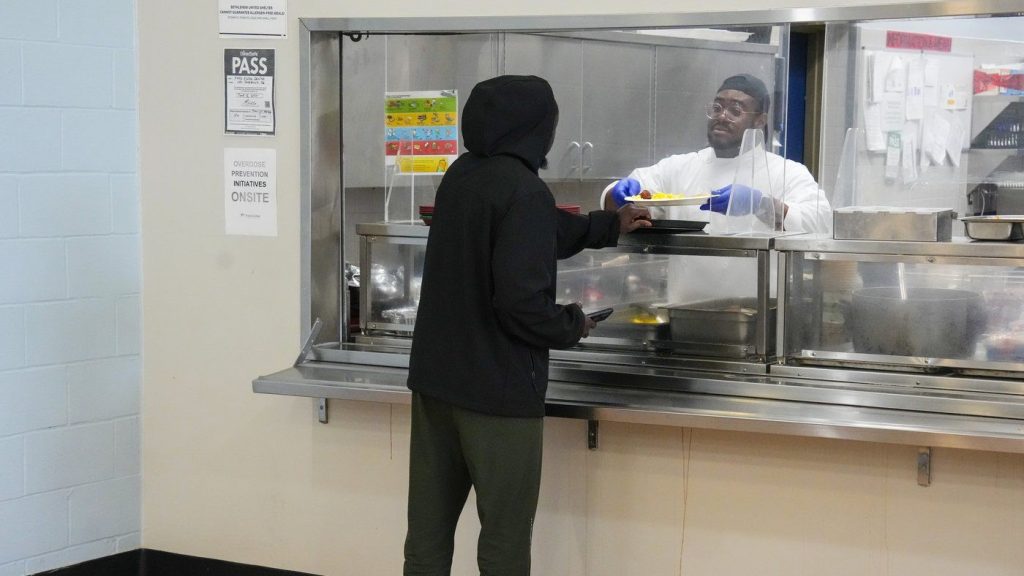Advocates hoped for more concrete G7 gender equality commitments
Posted June 12, 2018 3:56 pm.
Last Updated June 12, 2018 5:40 pm.
This article is more than 5 years old.
OTTAWA – Prime Minister Justin Trudeau pledged to make gender equality a key focus of the G7 summit, but some women’s rights advocates are lamenting a shortage of concrete commitments to action.
The final communique of the G7 summit in Charlevoix, Que., included promises to work toward removing barriers for women in social, economic and political spheres and resolutions to end sexual and gender-based violence.
The summit also produced a commitment of $3.8 billion for girls’ education — a fund the U.S. did not agree to participate in.
Beyond the money, no other concrete actions to advance gender equality materialized — an outcome many women’s advocacy groups that participated in the so-called W7 summit in April pushed hard to avoid.
Diana Sarosi, Oxfam Canada’s manager of policy, said while she’s glad to see strong language in support of gender equality in the communique and leadership from Canada in putting gender issues on the agenda for discussion, her organization would have liked a much broader range of commitments from G7 leaders.
“The communique is full of lots of nice words, but it doesn’t really come with very concrete actions that the G7 is going to do to address some of these gender equality issues,” Sarosi said.
“I think it would have been good to be a bit more responsive to the recommendations of the gender equality advisory council in terms of addressing some of the neglected areas that form part of really moving the needle on gender equality.”
The G7 gender equality advisory council, made up of business and social leaders, including billionaire philanthropist Melinda Gates, Nobel Peace Prize winner Malala Yousafzai, released a comprehensive list of 60 recommendations for the G7. The recommendations detailed numerous actions and investments that would help advance the rights and opportunities of women, girls and LGBTQ citizens around the world.
Katja Iversen was a member of the advisory council and is the president and CEO of Women Deliver, a global advocacy organization for investment in gender equality with a specific focus on maternal, sexual, and reproductive health and rights.
She said she does not believe tensions between world leaders and U.S. President Donald Trump on trade distracted from the discussions on gender equality at the summit.
The leaders who took part in a breakfast session on gender equality at the summit were engaged in the conversations, which Iversen characterized as frank.
“Being in that room with the leaders that breakfast morning, I can tell you it was a very comprehensive presentation that they got, and they went in and discussed it,” she said.
“We did not mince words and we did not leave out any of the so-called controversial issues.”
The fact that two hours were set aside to talk about advancing gender equality at a meeting for world leaders shows the gender conversations did not get lost in the shuffle, Iversen added.
“There can always be more … but for me the most important thing was the time they spent on this and how much they engaged in this in the conversation.”
But while there are indications there could be further support for gender equality being on the agenda of next year’s G7 summit in France, the focus for women’s rights advocates will now turn toward the actions that individual countries will take to make improvements, rather than words they agree to in joint communiques.
Many are also hoping the Women Deliver conference, which Canada will host in Vancouver in 2019, will offer some more concrete next steps and solutions for advancing rights and opportunities for women and girls.
“I think it’s really within the countries and the women’s rights organizations that are working tirelessly within the countries to move things ahead,” Sarosi said.
“They will be the ones really making the difference.”
— Follow @ReporterTeresa on Twitter








